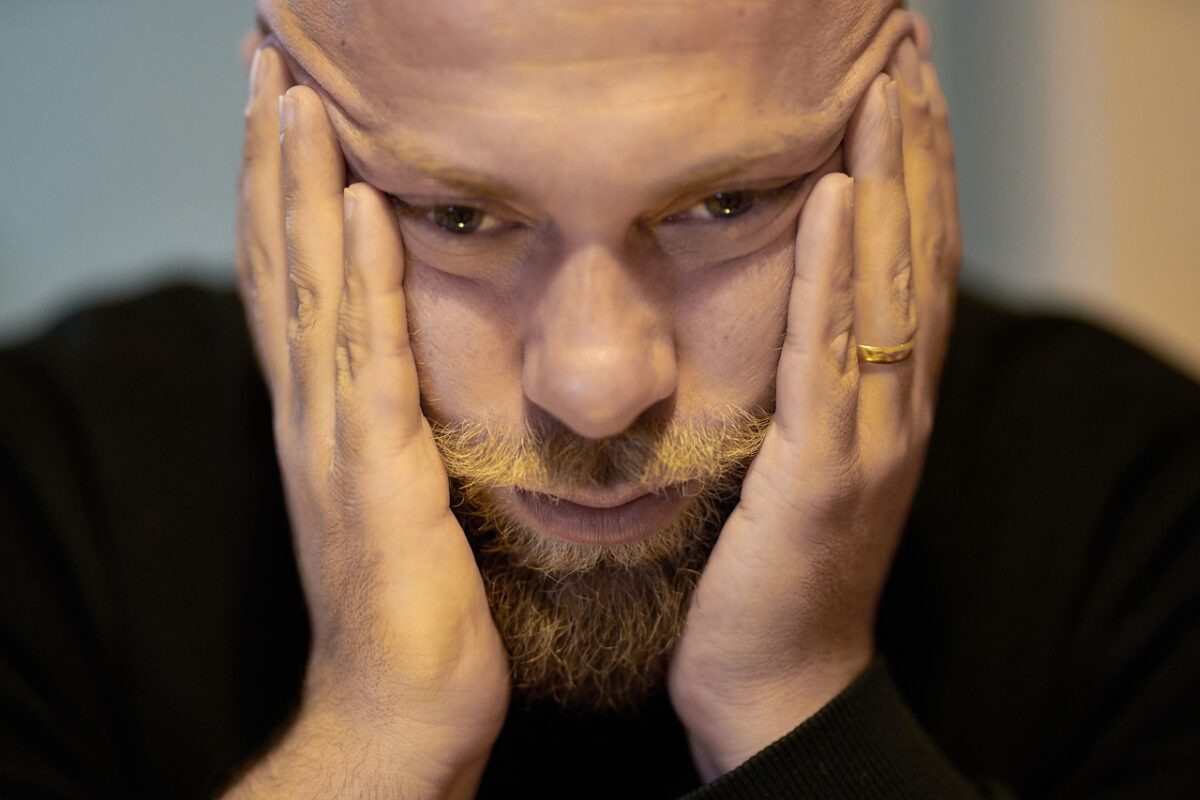Read Obadiah 10-14
Obadiah speaks to the reasons Edom is facing their judgment. They sinned for their evil behavior against their own relatives. This passage leaves no doubt “why” calamity would fall on Edom. The Edomites brought it on themselves for more than one reason.
There is so much emphasis on “you should not have” in this reading. We often kick ourselves after doing something we realize later was a mistake. Don’t we say, “I should have known better.” The Edomites won’t get a chance to say that since they will all be destroyed. All they have is the advance warning which sets the expectation for what is coming in motion.
Would the people of Edom even hear Obadiah’s words? I think the prophecy was more to encourage God’s people to know that their enemies would fall. It wasn’t meant to change the relationship between Edom and Israel. God is not going to offer Edom a pardon for repentance.
The Edomites had long ago made their choice to turn their back on God. While the familial roots being related to Jacob (also known as Israel) exist, the descendants of Esau did not stay true to the one true God. If they had, you’d think they would have had done some of those things the prophecy said they didn’t. They could have escaped God’s wrath for caring for their relatives, God’s chosen ones.
Edom started off as one of those “innocent bystanders” I mentioned in my last reflection. They were not the ones who initiated the downfall of Jerusalem or the people of Israel. They didn’t stay innocent for long when they made their stand and acted the way Obadiah describes. They did not choose to stand alongside their neighbor, their long-lost relatives.
Jesus’ parable of the “Good Samaritan” may fit a little here. You can read that story in Luke 10:30-37. There are several “innocent bystanders” in that story, but it was the unlikely one, the Samaritan, who showed mercy on the injured man lying in the road. Clearly, the priest and temple assistant who ignored the situation were guilty. They should not have passed by without helping. Sound familiar? Edom didn’t help their fellow man either when they should have.
We can probably all think of things we “should not have” done. You may even be lamenting over one, in particular, that has hurt someone, including yourself. Unfortunately, we cannot change the past. Thankfully, we have a loving Father who knew we would do things we should not have done. When we trust in Jesus and confess those things, called sins, to him, we are forgiven and set free from the “should haves” and “should have nots” in our life.
Forgiven and free is what we are because of what Jesus did. Edom was not forgiven. Their fate was set. Learn what angers God by looking at what they did. How were the Edomites behaving? Obadiah tells us how the Edomites were mistreating God’s children rather than loving or supporting them. Such things as: Acting with violence. Being aloof, refusing to help. Gloating at another’s misfortune. Speaking arrogantly. Plundering. Capturing the innocent.
Do we see such behavior in others around us today? The atrocities to God’s children continue with ridicule and all forms of persecution. God cannot be pleased. Remember Jesus’ words from Matthew 5:44, “But I say, love your enemies! Pray for those who persecute you!” We can only pray for our oppressors to come to a living relationship with the Father who can forgive them.

Let’s pray … Lord, not only am I grateful for all the battles you fight for me, I pray for those enemies who seek to destroy me or interfere in my relationship with you. I seek to be devoted to you and doing your will. When I am focused on that, I know my behavior will please you and attract others to know you like I do. Continue to nurture my faith and ready my heart to grow closer to you. In Jesus’ name. Amen.

